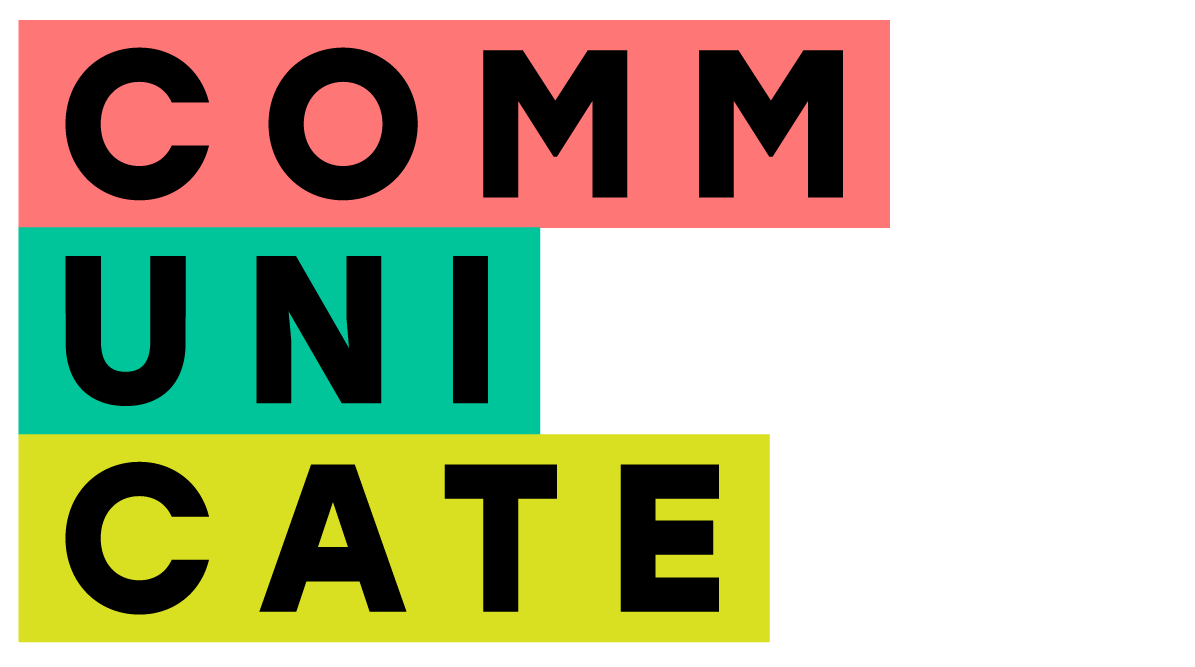Employee Resource Groups: Cultivating Connection, Community and Belonging
Have you ever felt like you were the only one in the room? Or perhaps you've experienced a moment when a colleague made a comment that felt insensitive or exclusionary. These experiences can be incredibly isolating and can make it difficult to feel like you truly belong in the workplace.
In the heart of every thriving workplace, there's a profound need for connection. Beyond the daily grind of tasks and deadlines, employees yearn for a sense of belonging, a place where they can feel seen, heard, and valued. Employee Resource Groups (ERGs) play a crucial role creating the belonging that people crave, offering a space for employees to connect, support, and advocate for their unique needs and interests.
What are ERGs?
ERGs are voluntary employee-led groups that bring together individuals who share a common characteristic or interest. They can be based on factors such as race, ethnicity, gender, sexual orientation, disability, veteran status, or other shared experiences. These groups provide a platform for members to network, learn, and grow while contributing to a more inclusive workplace culture.
Affinity groups and staff networks are examples of ERGs that specifically cater to employees with shared identities or interests. Affinity groups focus on bringing together individuals with similar backgrounds or experiences, while staff networks provide a space for employees to connect based on their shared professional roles or interests.
Why are ERGs Important?
Enhanced Employee Engagement: ERGs foster a sense of belonging and connection among employees, leading to increased job satisfaction and engagement. When employees feel valued and supported, they are more likely to be motivated and productive.
Improved Diversity and Inclusion: ERGs help to create a more diverse and inclusive workplace by providing a voice for underrepresented groups. They can help to break down stereotypes, promote understanding, and create a more equitable environment for all employees.
Professional Development: ERGs offer opportunities for members to develop their leadership skills, network with peers, and gain valuable experience. They can also provide access to mentorship and career development resources.
Cultural Competency: ERGs can help to increase cultural awareness and understanding within the workplace. By bringing together employees from diverse backgrounds, they can promote empathy, respect, and cross-cultural collaboration.
Who can benefit from ERGs?
ERGs can benefit employees from all backgrounds and levels of experience. For employees, they offer a sense of community, support, and professional development. For employers, they can lead to increased employee satisfaction, improved productivity, and a stronger reputation as an inclusive and equitable employer.
Some examples of common ERGs include:
Identity-based ERGs: Women's groups, LGBTQ+ groups, racial and ethnic minority groups, veterans' groups, etc.
Interest-based ERGs: Parents' groups, wellness groups, sustainability groups, etc.
Experience-based ERGs: New employee groups, alumni groups, etc.
Steps to Set Up an ERG in Your Workplace
Identify Needs and Interests: Conduct surveys or focus groups to identify the needs and interests of your employees. This will help you determine the types of ERGs that would be most beneficial.
Form a Steering Committee: Assemble a group of employees to lead the formation of the ERG. This committee will be responsible for developing the group's mission, vision, goals and guidelines.
Obtain Leadership Support: Secure the support of your organisation's leadership to ensure the success of the ERG. This includes providing resources, funding, and visibility.
Recruit Members: Promote the ERG to your employees and encourage them to join. Make sure to create a welcoming and inclusive environment for all members.
Develop Activities and Programs: Plan a variety of activities and programs that will meet the needs and interests of your members. This could include networking events, educational workshops, or community service projects.
Need Help Building Employee Resource Groups?
At Communicate Inclusively we're committed to helping organisations create inclusive and thriving workplaces. If you're looking for support in setting up or growing your ERGs, we're here to help. Contact us today to learn more about our services and how we can assist you in achieving your DEI goals.
